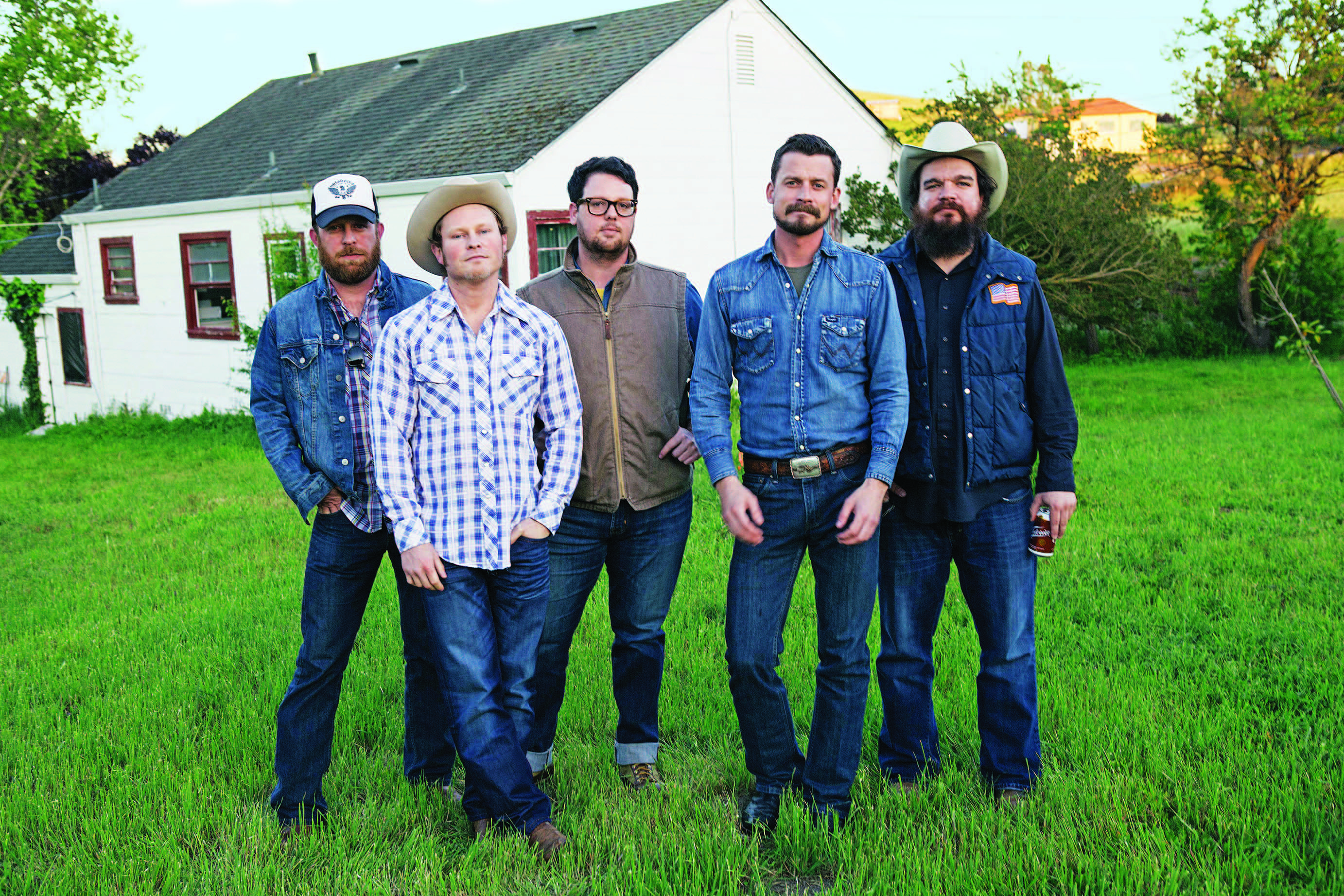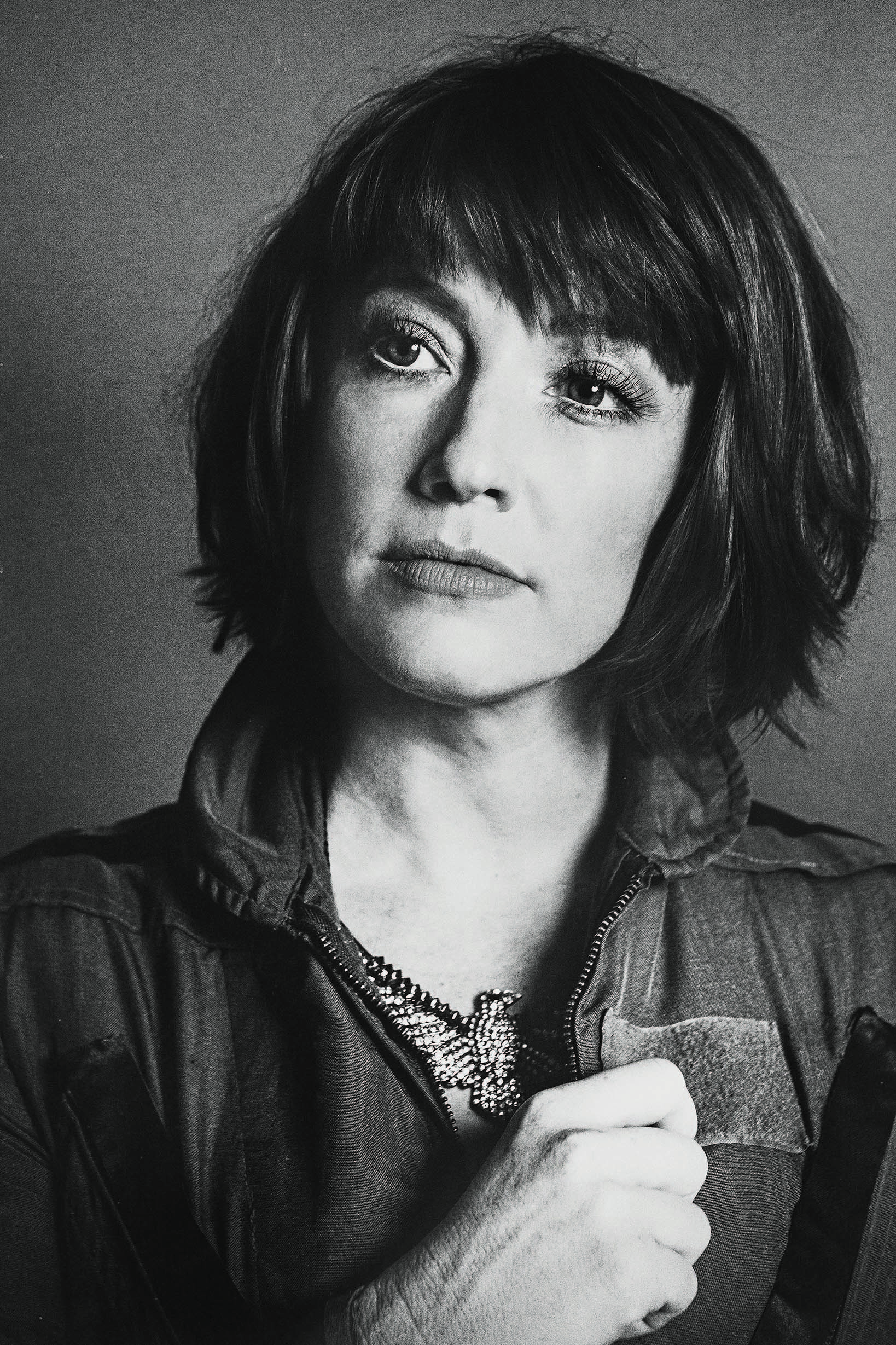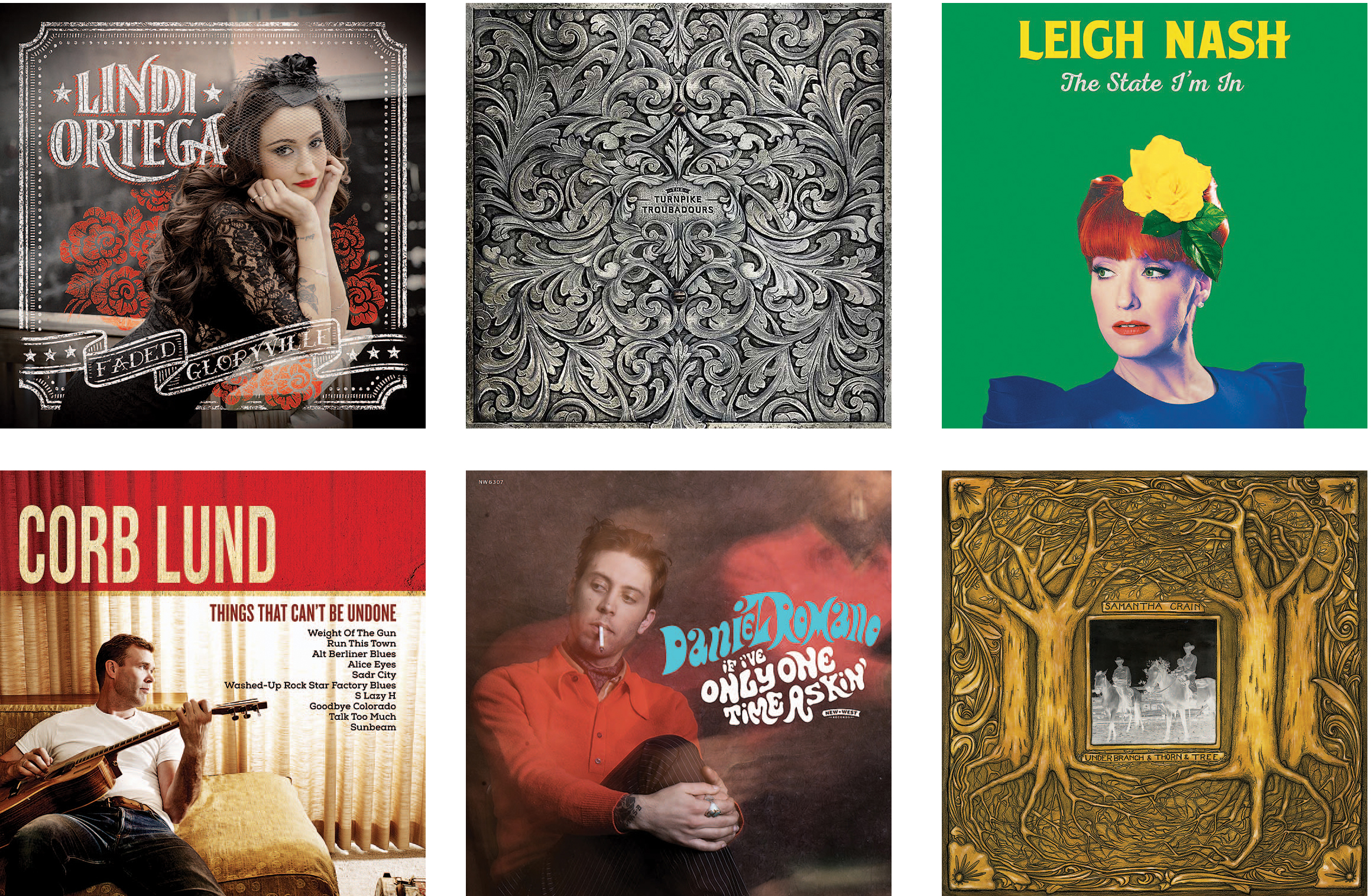Contrary to elitist belief, there hasn’t been a better time to find tremendous country music since the Grand Ole Opry first beamed across national radio waves in the 1930s. Whether you prefer the rustic gospel style of the Carter Family or an edgier crossroads where twang, punk, and grit collide, these days you can discover fresh artists plying their craft outside of the mainstream with a few clicks of a mouse. Here are six rising music acts poised for greatness in 2016.

Lindi Ortega
Though Canadian singer-songwriter Lindi Ortega has been putting out albums since 2001, she began to truly hit her stride in 2011 with the release of her gothic-country gem Little Red Boots. Since then, the honey-voiced Ortega has released five more genre-expanding records, including the recent Faded Gloryville, a record that’s even better than her past few. Indeed, Ortega is a forward-moving artist with a keen ability to craft country songs by employing a mélange of tuneful elements from the past.
“I’ve just always been inspired by classic music,” Ortega says. “Stuff that ranges from the ’40s to the ’70s, and I have a healthy appreciation for classic country. But I also love blues, soul, rock, punk, and rockabilly.”
Ortega had A-list help wrangling her many musical loves on her new pleasantly diverse yet cohesive record. Dave Cobb, the producer behind some of the most acclaimed country albums of the past few years from rising stars such as Sturgill Simpson and Jason Isbell, brought a special skill set to Ortega’s recording.
“I have a lot of respect for him,” she says. “He’s a genuine and honest human being. You can’t help but feel comfortable in his presence and know that he’s going to handle your songs with care.”

Turnpike Troubadors
It’s near impossible to argue another band has broken through the clutter of the Red Dirt music scene of Texas, Oklahoma, Arkansas, and Louisiana with the same flair and substance as the Turnpike Troubadours. The group’s new self-titled fiddle-intensive and properly electrified album is its best yet, which is saying plenty, as 2010’s Diamonds and Gasoline and 2012’s Goodbye, Normal Street were among the best country records to come from any state in either of those years.
Evan Felker, the group’s lead singer and primary songwriter, is a fervent student of country and folk music — the group name is a tribute to fellow Okie Woody Guthrie. Felker claims to be “really bad at relationships,” but fortunately, he’s really good at using his life as song material, whether it be his interest in bird hunting or his love of a good short story. The intricacies of his life and the lives of those close to him make superior lyrical fodder to go along with music that builds upon the standards his musical heroes formed long ago.
“I don’t want to reinvent the wheel,” Felker says. “I just want to make it roll a little longer.”

Leigh Nash
Country music has long been a welcome stop for pop artists scoping out fresh (and often more financially fertile) terrain. But Leigh Nash, lead singer of Christian pop act Sixpence None the Richer (of “Kiss Me” fame), isn’t nearly as formulaic a crossover artist as, say, Darius Rucker or Steven Tyler. Her country music tastes are more varied, and she focuses on the sounds of the genre’s rich history rather than merely churning out radio-friendly pop-country ditties.
Although her new country album, The State I’m In, has its share of pop polish, all of the songs were written or co-written by the artist and are reflective of her personal history and her vision for country music in general.
“This is a record I’ve wanted to make since I was 16,” Nash says. “I’ve been a big fan of Jim Reeves, Patsy Cline, and Freddie Fender my whole life. Those influences, combined with growing up 30 miles north of San Antonio, gave me a great template for what I wanted my record to be. I miss melodies and true-blue heartache in songs nowadays, especially in country music. This record was my attempt to make the less common record.”

Corb Lund
Canadian cowboy Corb Lund is much more than a hat-wearing troubadour with a smile and a wink always at the ready. Though his highly literate brand of country (and, yes, Western) storytelling has earned him a truckload of Canadian music honors and trophies, he’s also long been a favorite of the Americana scene rumbling far south of Pigeon Lake in his native Edmonton. Now, 20 years into his recording career, Lund — who first fell in love with country music through the legendary epic ballads of Marty Robbins — is surging along his boldest streak yet, thanks to his impeccable new album, Things That Can’t Be Undone.
Recording in Nashville in the aforementioned Dave Cobb’s studio, Lund stretches farther westward than ever before. And yet, as much fun as it is to hear Lund and his band put a fresh coat of sonic paint on his provocative yarn-spinning, the star of this record, as with many of his others, is how his words twist into engaging tales. Listen to just a couple of the new album’s tracks and you’ll know Lund’s writing interests go beyond what passes as country music to most Nashville suits these days.
“I’m easily bored,” Lund says. “Love songs don’t really do it for me, and after a while I tune out. There are so many more interesting things to write about that I take more seriously. Plus, I don’t necessarily consider myself a country songwriter. There’s a big streak of Western folk tradition in my songs. Both sides of my family have been in the American and Canadian West for many generations, and that’s a major part of my creative identity. My grandfathers were ranchers and used to sing old cowboy songs, and those are the first ones I ever learned to sing.”

Daniel Romano
There’s a colossal difference between vintage-cool and simply outdated. Fortunately, Daniel Romano’s latest record, the lush stunner If I’ve Only One Time Askin’, lands squarely in the former category. An accomplished leatherworker and graphic designer, the tall, lanky artisan showcases an ability to breathe life into well-worn forms of country music without cranking up the amps or yelping about trucks. His fine 2013 LP Come Cry With Me offers a time-tested yet verdant vibe as well. It’s certainly not surprising Romano approaches songwriting with the methodology of a craftsman, and the passion of an insatiable artist.
“I wanted to teach myself to arrange music,” Romano says of his classic country leanings. “I wanted to know more about my craft. I want to know everything about it and also to create new things to be learned. I want the arrangements and the movement to be con-scious and pulsing and alive.”

Samantha Crain
It has always been a stretch to call Samantha Crain country. As a young adult building a career in the folk-indie-Americana realm, the Choctaw artist also made a point of noting her songs were not “Native American.” Critics agreed, suggesting her fiery vocals over acoustic instrumentation seemed more akin to the music of her fellow Oklahoman and folk hero Woody Guthrie.
But the songs on Crain’s fourth album, 2015’s Under Branch & Thorn & Tree — a kind of resistance album that tells the stories of characters who persevere in spite of heartbreak and adversity — have undercurrents of country with fingerpicking pedal steel and themes of love and loss, as well as unique rhythmic phrasing and vocal sounds that bring to mind Native music.
“I’m always asked how my culture translates into my music,” Crain says. “Native sounds in my new music were not intentional. Sometimes things just deepen the more involved you get in different areas of your life. Now I write with a lot more imagery. Maybe it’s because the older I get, the more I care about my heritage and what my family endured.”
Crain’s critically acclaimed 2013 album Kid Face was so autobiographical that she says she exhausted her well of personal experience. So for her latest effort she turned her focus outward.
“The first new song I wrote was ‘Elk City.’ I wrote it about this woman I had met, this salt-of-the-earth working-class woman.” Crain narrates the woman’s story, from falling in love at 17 to being left with a baby when the Anadarko Basin oil boom turned to dust, and explores how those events impacted the rest of her life.
“A lot of people, when they write about women, end up with two-dimensional figures. They are either devastatingly heartbroken or manically happy. So I really felt like when I wrote ‘Elk City’ and made this multidimensional woman, I could use that process for the rest of the album.”
— Nancy Dunham
From the January 2016 issue.















